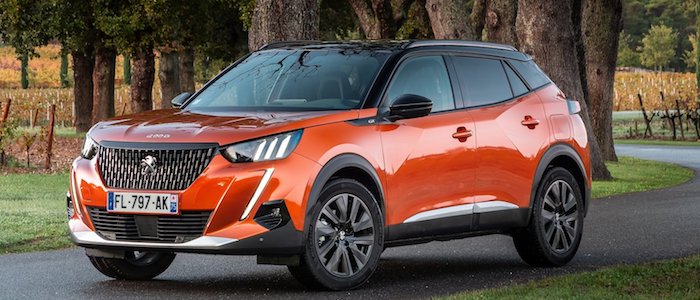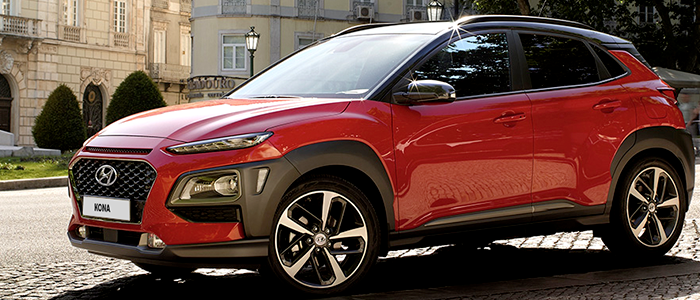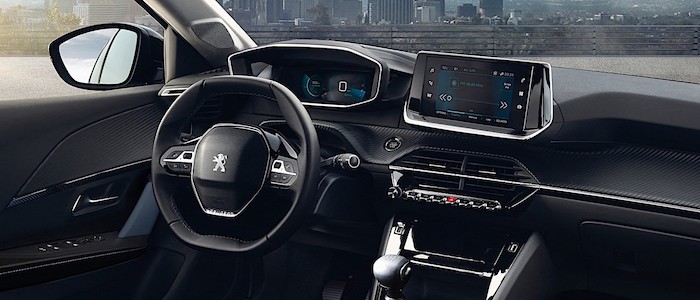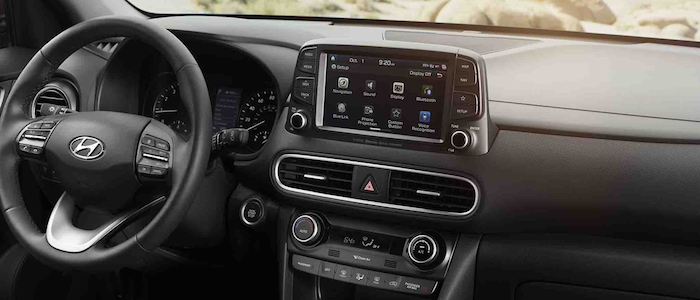Compare two cars
Compare any two cars and get our Virtual Adviser™ opinion
Dimensons & Outlines
Check vehicle history
Engine
Performance (manual gearbox)
Performance (automatic gearbox)
Expenses
Virtual Adviser's™ opinion
Well, these are two pretty similar cars we have here! It's only details that could potentially make the difference. Considering they both belong to the suv segment and utilize the same 5-door suv body style and the front wheel drive system, it all comes up to the specific petrol engine choice they offer. The first one has a Peugeot-engineered powertrain under the hood, a 3-cylinder, 12-valves 155hp unit, while the other one gets its power and torque from a 3-cylinder, 12-valves 120hp engine designed by Hyundai.
SafetyA starting point here would be to take a look at the results from European New Car Assessment Programme (Euro NCAP) tests which were performed on both of the cars, with the Hyundai being a slightly better choice apparently. Still, apart from the official crash test results there are other things we need to be aware of. Both vehicles belong to the suv segment, which is generally a very good thing safety-wise, still it doesn't help us solve our dilemma, does it? On the other hand, if we'd like to consider vehicle mass in this context too, which we definitely should, the Korean car offers a marginal difference of 2% more metal.
ReliabilityManufacturers have been building their reliability reputation for decades now and, generally speaking, it appears that both brands display similar results in faults and breakdowns, all the models observed together. These are the official statistics, while our visitors describe reliability of Peugeot with an average rating of 4.3, and models under the Hyundai badge with 4.5 out of 5. Unfortunatelly, I don't have enough insight that would allow me to comment in more details on the specific models level. Above it all, drivers of cars with the same engine as the French car rank it on average as 3.0, while the one under the competitor's bonnet gets 5.0 out of 5.
Performance & Fuel economyPeugeot is way more agile, reaching 100km/h in 3.8 seconds less than its competitor. In addition to that it accelerates all the way to 208 kilometers per hour, 27km/h more than the other car. When it comes to fuel economy things look pretty much the same for both cars, averaging around 5.2 liters of fuel per 100 kilometers (55 mpg), in combined cycle.
Verdict
Hyundai appears just a bit more reliable, although the difference is truly marginal. The most important thing when deciding between any two vehicles should always be safety, both passive and active. In my opinion, everything taken into account, the Korean car offers much better overall protection, which launches it ahead of the other contender. From there things take a different direction, with Peugeot outracing its opponent in any situation possible, making it better choice for boy racers. To make things even better, it consumps less fuel! I believe that, when we take all into account, we have only one winner here - the Peugeot. Nevertheless, let's not forget that people have different preferences and needs, so what really counts is your personal feel. I'm only here to help. Also, you could use the oportunity to find out which car, everything taken into account, would be the perfect choice for you in the eyes of the virtual adviser™, out of 12.000+ vehicles we currently have in our database.

































